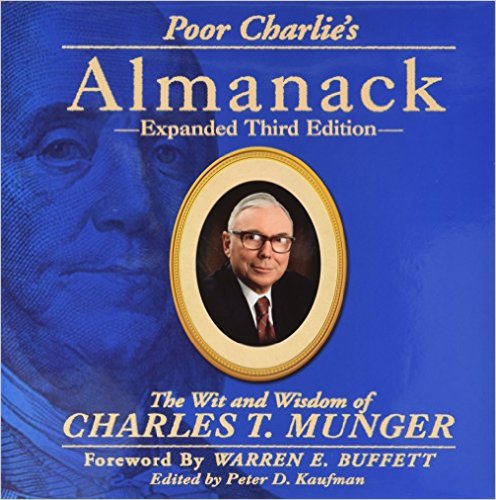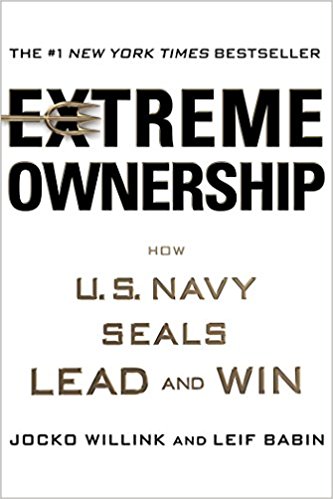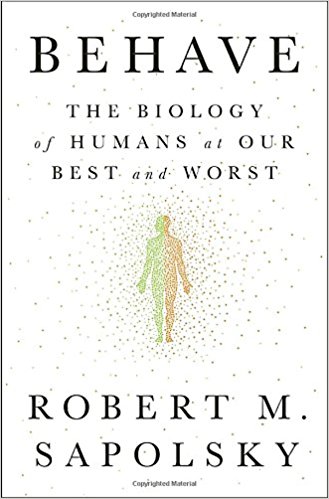This week on our Masters in Business radio podcast, we sit down with venture capitalist Marc Andreessen of Andreessen Horowitz.
Andreessen has embraced blogs, Twitter and podcasts to educate entrepreneurs about their industry. This is de rigeur among venture investing, but no firms seems to have embraced it as aggressively as A16Z.
About that: A16Z, as its known, reflects the 16 letters between the A in “Andreessen” and the Z in “Horowitz.” It makes for a much shorter URL, and a nifty hat.
He notes the firm is in the business of evaluating people, not technology. He and his partners sift through 2000 ideas per year; entrepreneurs are (mostly) referred to the firm by their network of colleagues, fellow VCs, and funded companies. They see pitches twice a week, winnowing the referrals down to 300. Their challenge is to cut that down to just 30, or about 1.5 percent of the total. They have about 500 portfolio companies they have invested in.
He compares VC interviews with police interrogations: as the interview goes on, the importance of details becomes clearer and clearer, eventually revealing the hardcore believers and tripping up the also-rans.
Those who beat the 1 in 66 odds by making it past the blonde wood conference room don’t have it easy. Andreessen notes it is no fun to “do” a start up, it is lots of stressful work, with start up founders feeling like they are under assault all the time. He is a consultant to the hilarious HBO show Silicon Valley, but notes the more true to life Silicon Valley show is AMC’s Halt and Catch Fire (on Netflix and Amazon)
Andreessen states that getting a first look at “2000 of the smartest people in the world” is a huge strategic advantage. He adds the culture of entrepreneurship, knowledge flow, and new technology makes it “hard to be pessimistic in this job.”
You can stream/download the full conversation, including the podcast extras, on iTunes, SoundCloud, Overcast and on Bloomberg. All of our earlier podcasts can be found on iTunes, Soundcloud, and Bloomberg.
All of the books we discuss are after the jump.
Next week, we speak Brian Greene, who runs the Institute for Theoretical Physics at Columbia University, and organizer of New York City’s 10th annual World Science Festival, which begins this week.
Poor Charlie’s Almanack: The Wit and Wisdom of Charles T. Munger by Peter Kaufman

Extreme Ownership: How U.S. Navy SEALs Lead and Win by Jocko Willing and Leif Babin

Behave: The Biology of Humans at Our Best and Worst by Robert Sapolsky


